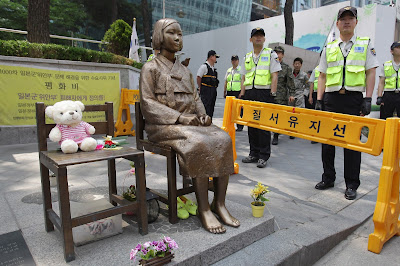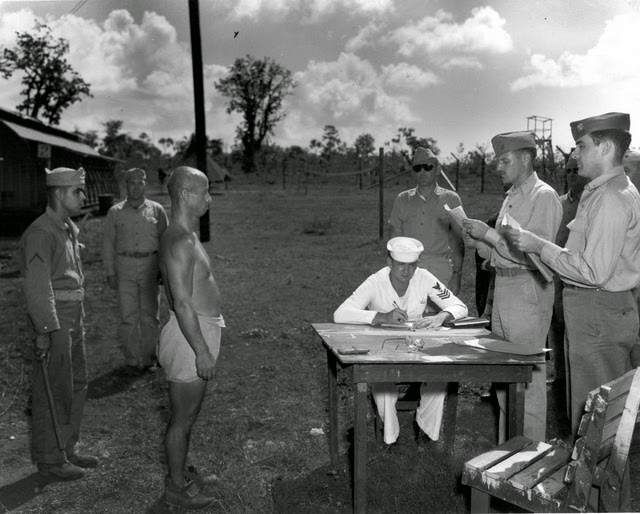Two Stories about Comfort Women in South Korea

Last week I wrote my column in the Guam Daily Post about the comfort women issue in South Korea and how the governments of Japan and South Korea are working towards a process of restitution over the use of South Korean women as sex slaves during World War II. The issue of the comfort women extends far beyond just South Korea, and is something that affected cultures across Asia and the Pacific. I have been talking more intensely about the comfort women issue over the past year as i nobia-hu Dr. Isa Kelley Bowman has been conducting research into it. It has been difficult for her, as the issue is one shrouded in so many different forms of silence. The lack of writing around the issue in Guam is often thought to be simply a matter of stigma and social shame, with women and their families seeking to keep the issue quiet and not be reminded of what happened. But it is far more complicated than that, and it can be frustrating, how people will accept one level of silence as being the truth


